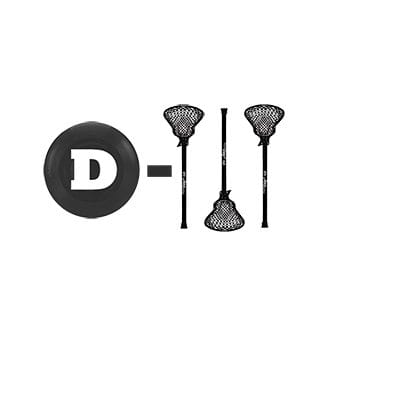
On a brisk October afternoon near Old Main, you may be able to hear shouts and see the fluid motions of a handful of Oles in their physical prime chasing after a lazy, hovering disc. It’s another ultimate frisbee practice. Ultimate frisbee and college go together like birthdays and cake. However, the activity is growing from a recreational pastime into a full-blown professional sport. More and more professional ultimate frisbee teams are popping up all over the country. Is this a sign that it’s time to promote ultimate frisbee from a fun and competitive club sport into a varsity sport?
Given the bureaucratic toil required to christen a new varsity sport, a new varsity ultimate team seems unlikely in the near future. The promotion of one sport into the varsity group is a long and tedious process that involves tremendous amounts of funding and interest. The biggest roadblock is the absence of an existing MIAC league for a potential varsity team to join. In order to form such a league, there must be an existing sizable fan base. Currently, no such fan base exists. After a league forms, there needs to be appropriate funding, coaches and much more. Ultimate frisbee needs a transformation before it can take its place among the varsity sports.
First, the sport needs to be more fan-friendly. Football and soccer draw fans in with their innate watchability. You can experience the electricity of cheering with thousands of other fans for your favorite team. You can’t really do that with ultimate because the sport allows players to call their own fouls. While this practice saves face and upholds the philosophy of fairness in the sport, it’s terribly boring to watch. The last thing a fan wants to see after watching a breathtaking play is two players gingerly arguing over a penalty call.
Second, ultimate needs to ditch the stereotypes associated with the sport. Ultimate teams are seen as functioning more as cults than as teams you can take pride in. This exclusiveness gives the sport a negative vibe. People should give ultimate frisbee a chance, but the teams should also be more open to the student body.
Third, the sport needs a new name. With a name like “ultimate,” it is difficult to take the whole sport seriously. The name gives the sport a vibe similar to slamball, a basketball-like game played on trampolines.
Ultimate is not the only sport that should be considered to make the transition to varsity status. In my opinion, if any sport deserves to be a varsity sport, it is lacrosse. The St. Olaf men’s lacrosse team already competes in the Upper Midwest Lacrosse League, a league that practically functions at a varsity level. They hire outside coaches, put on clinics for youth players, sell their own merchandise and even participate in pseudo-recruiting.
Although the St. Olaf lacrosse team has great potential, it can only go so far as a club sport if financed with club dues. The lacrosse team needs the hefty financial assistance that comes with the varsity title to keep building the program.
However, even lacrosse’s promotion to varsity status seems a long way off. The sport as a whole is still relatively new to the Midwest and needs more time before the MIAC can form a proper league.
The very existence of St. Olaf’s lacrosse and ultimate teams relies on the dedication of athletic college students who love sports but don’t want or are not able to compete at a varsity level. Right now, I do not believe that becoming a varsity team should be an immediate concern for either ultimate or lacrosse.

